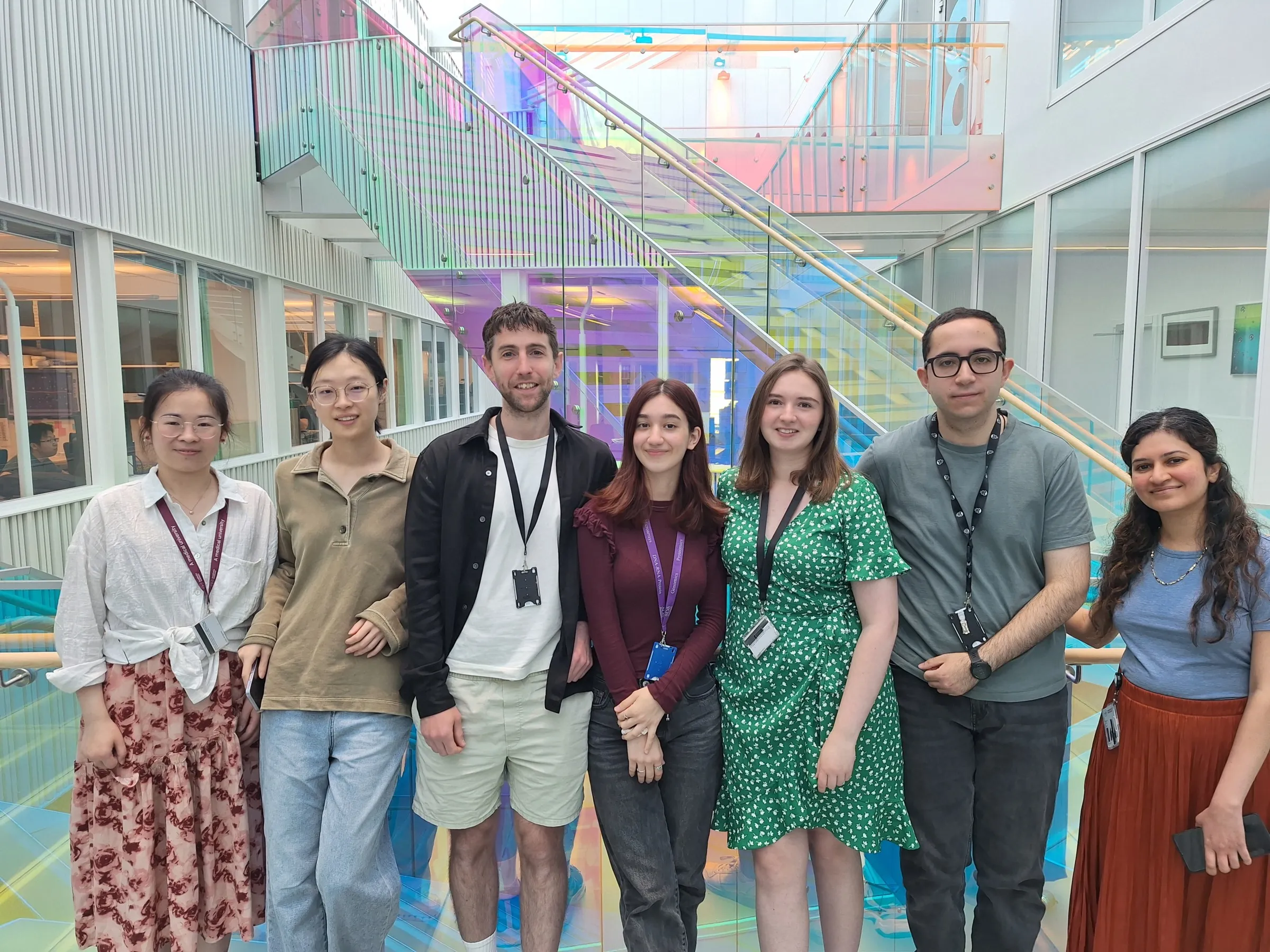Our research
The adipocyte expresses over 4000 long non-coding RNAs (lncRNAs), many uniquely expressed in fat cells. However, how these polymeric molecules function in concert with the metabolic machinery of the cell is not well understood. In our laboratory, we investigate how lncRNAs adapt the adipocyte for specialised function, specifically in the context of lipid droplet metabolism. Our investigation focuses on lncRNAs that may underline compromised metabolic flexibility and contribute to cardiometabolic disease pathogenesis.
We integrate findings from well-characterized human white adipose tissue (WAT) biopsies and large population genetics to identify lncRNAs implicated in lipid metabolism and cardiometabolic disease. The disease-associated lncRNAs are investigated in human adipocyte cell models and using CRISPRi/a gene perturbation coupled to lipidomic/metabolomics, we aim to understand the effect of the lncRNA expression on adipocyte metabolism. In addition, we use gene variant editing in human adipocytes to understand how single nucleotide polymorphisms located in lncRNA gene loci lead to alterations in lipid droplet metabolism.
Novel methodology
To understand how a lncRNA functions mechanistically, we have developed novel methodology, including Targeted RNA identification using Orthogonal Organic Phase Separation (TROOPS). TROOPS identifies the interacting proteins of a lncRNA in mature adipocytes and can be used at a higher throughput than comparative methods, allowing us to define the lncRNA interactome across dynamic cell-states.
We recently used TROOPS to understand how the lncRNA, ADIPINT, functions. ADIPINT binds to the enzyme pyruvate carboxylase and facilitates its interaction with other enzymes involved in glycerol synthesis. Thus, ADIPINT gives PC an adipocyte-specific function in driving triglyceride production.
Open positions
The laboratory is currently expanding, and we are looking for talented Master’s/PhD students and postdoctoral researchers. If interested, please contact the Group leader: alastair.kerr@ki.se.

